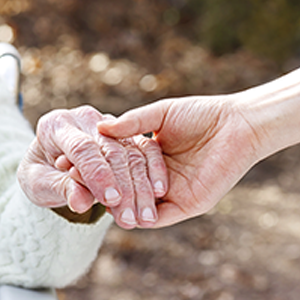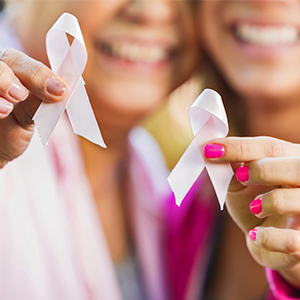 DEC 05, 2016
DEC 05, 2016Stress Less This Holiday With These In-Season Produce Coloring Pages
Stressed about the holidays? What about picking the right winter produce? Luckily, we’ve found the solution for both of your winter woes with a series of coloring pages. Click the images for the full-size coloring page to download, print, and enjoy! ... Learn more >
Better LivingEat SmartPractice WellnessStress ManagementWinter
 SEP 19, 2016
SEP 19, 2016What is meditation?
Meditation usually involves slow, regular breathing and sitting quietly for at least 15 to 20 minutes. What is meditation used for? People use meditation to help treat a wide range of physical and mental problems, including: Addictive behaviors, such as drug, nicotine, and alcohol use. Anxiety, stress, and depression. ... Learn more >
 NOV 17, 2015
NOV 17, 2015Make today cheerfully bright
A positive outlook can bring your mind and body into balance and make a big difference to your overall well-being. For a happier, healthier you, sometimes all it takes is a little gratitude. ... Learn more >
 NOV 17, 2015
NOV 17, 2015What are your goals? Make them SMART!
If you’ve decided to change a habit—whether it’s quitting smoking, lowering your blood pressure, becoming more active, or doing something else to improve your health—congratulations! Making that decision is the first step toward making a change. It’s not easy to change habits. But taking the time to really think about what will motivate or inspire you will help you reach your goals. ... Learn more >
 OCT 16, 2015
OCT 16, 2015Helping a person with Alzheimer’s disease
Alzheimer’s disease is a type of dementia. It affects memory, intelligence, judgment, language, and behavior. It is not clear what causes this disease. But it is the most common form of dementia in older adults. It may take many years to develop. Alzheimer’s disease is different than mild memory loss that occurs with aging. Family members usually notice symptoms first. But the person also may realize that something is wrong. ... Learn more >
 OCT 16, 2015
OCT 16, 2015Living healthier with diabetes
While there are certain risk factors you can’t change, like your family history, knowing your risks for diabetes lets you decide what’s best for your health. ... Learn more >
Better LivingDiabetesEducationHealthNutritionPractice Wellness
 SEP 29, 2015
SEP 29, 2015Breast cancer: Early detection saves lives
Although the exact cause of breast cancer is not known, most experts agree that there are several factors that increase your risk, such as genetics, age, sex, and race. You can control some ... Learn more >
 SEP 14, 2015
SEP 14, 2015Make today delightfully adventurous
When you take preventive measures — like wearing the right protective gear for your sport, buckling your seat belt, and wearing sunscreen — you worry less when you set out on your next adventure. ... Learn more >
 AUG 13, 2015
AUG 13, 2015Stress management: Managing your time
When you manage your time, you decide which tasks and activities are most important to you. Knowing what’s important helps you decide how best to spend your time. There are three parts to time management: prioritize tasks and activities, control procrastination, and manage commitments. You can start managing your time by prioritizing tasks, controlling procrastination, and managing your commitments. ... Learn more >
 AUG 13, 2015
AUG 13, 2015Become an optimist and improve your health
You may think that optimism and pessimism are traits you’re stuck with, but they’re not. Optimism and pessimism are largely learned habits. Changing the way that you think and talk to yourself can improve your physical and emotional well-being, because your body speaks its mind. ... Learn more >

